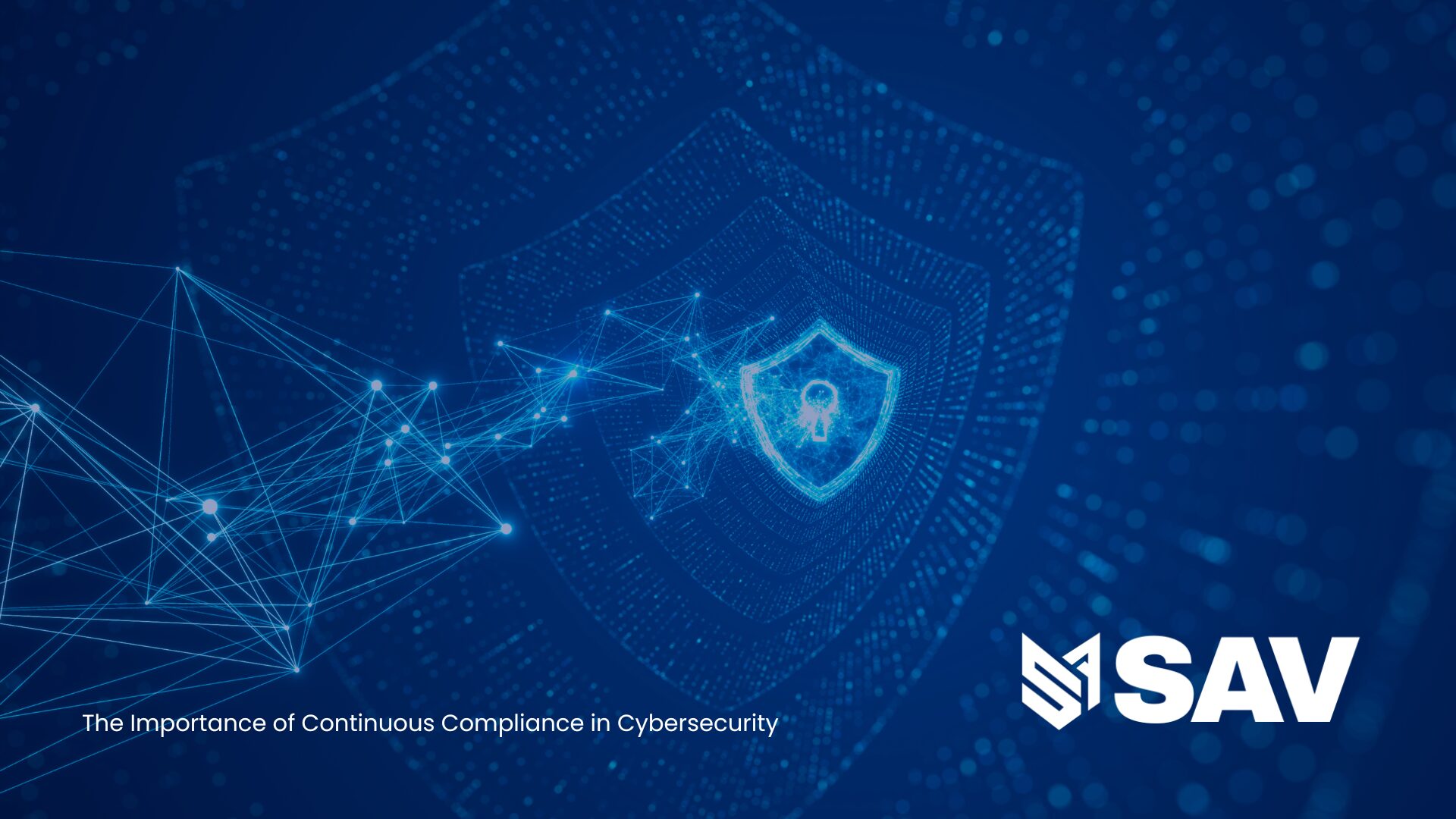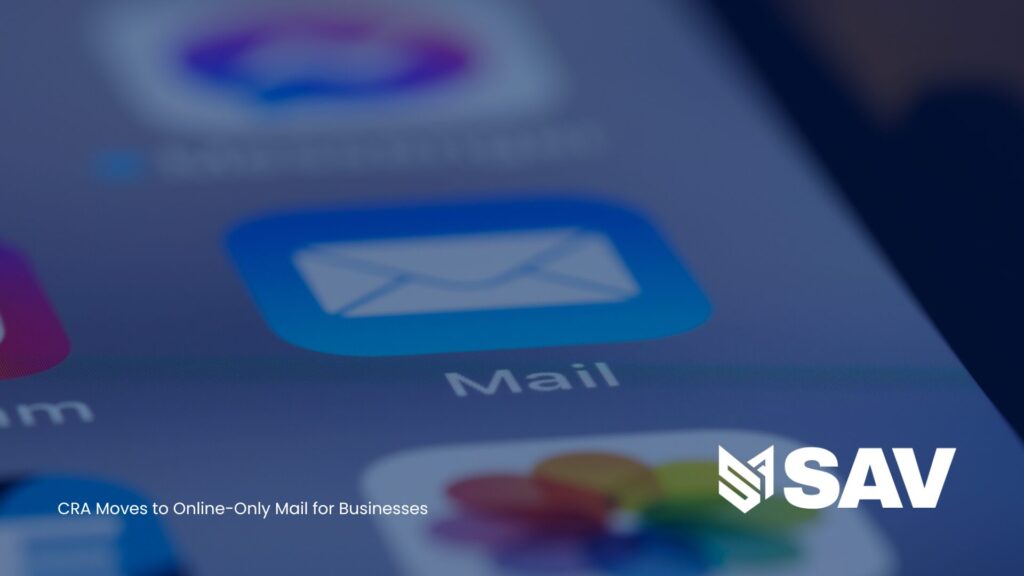The Importance of Continuous Compliance in Cybersecurity

In today’s digital landscape, cybersecurity threats are evolving at an unprecedented pace. As businesses grow increasingly dependent on digital infrastructure, maintaining compliance with cybersecurity regulations is no longer a one-time effort but an ongoing process. This shift toward continuous compliance is crucial for protecting sensitive data, mitigating risks, and staying ahead of cyber threats.
In this blog, we’ll explore why continuous compliance is essential in cybersecurity, its key benefits, and how businesses can successfully implement it.
What is Continuous Compliance
At its core, continuous compliance refers to the ongoing monitoring, evaluation, and updating of a company’s security controls and policies to ensure they meet regulatory standards at all times. This differs from the traditional approach of achieving compliance through a one-off audit or certification process.
As regulations evolve and new threats emerge, continuous compliance ensures that businesses remain aligned with legal and industry requirements, such as SOC 2, GDPR, HIPAA, or PCI DSS. Rather than checking the compliance box once and moving on, organizations must maintain vigilance through automated monitoring, regular audits, and updates to security controls.
Why Continuous Compliance is Critical for Cybersecurity
- The Threat Landscape is Constantly Evolving: Cybercriminals are always finding new ways to exploit vulnerabilities in systems, meaning that a security framework that worked last year—or even last month—may no longer be sufficient. Continuous compliance ensures that your organization is always prepared to address new risks as they arise.
- Regulations Are Becoming More Complex: As governments and regulatory bodies introduce more stringent data protection laws, businesses must stay up to date with ever-changing compliance standards. Failing to do so can result in costly fines, reputational damage, and legal ramifications. Continuous compliance helps organizations adapt to new regulations quickly and efficiently, ensuring they avoid penalties and maintain customer trust.
- Data Breaches Can Be Catastrophic: The financial and reputational damage caused by data breaches is severe, with the average breach costing millions of dollars. Continuous compliance reduces the risk of breaches by ensuring that security controls are always up to date, minimizing potential vulnerabilities.
- Customers Expect Transparency and Trust: In today’s digital economy, customers are more informed than ever and expect businesses to prioritize their privacy and data security. Continuous compliance demonstrates a proactive commitment to protecting sensitive information, fostering trust and confidence with clients, partners, and stakeholders.
- Sustained Competitive Advantage: Compliance can serve as a differentiator in crowded markets, especially for businesses dealing with enterprise customers or operating in highly regulated industries. Continuous compliance not only helps maintain existing clients but also attracts new customers who demand high levels of security.
Key Components of Continuous Compliance
- Automated Monitoring Tools: Implementing real-time monitoring tools is crucial to ensure that your cybersecurity measures remain effective. These tools track network activity, identify potential vulnerabilities, and alert teams to any deviations from regulatory standards or internal security policies. Automation reduces the likelihood of human error while providing instant insights into your security posture.
- Regular Internal Audits: Conducting regular internal audits is essential for identifying gaps in your compliance efforts. These audits allow you to review your security measures, assess new risks, and make necessary updates before external audits take place. Regular audits also help prepare your team to meet regulatory requirements and pass external inspections without surprises.
- Policy and Procedure Updates: As regulations evolve, so too must your internal policies and procedures. Continuous compliance involves reviewing and updating these documents to reflect changes in the regulatory landscape, as well as new cybersecurity risks. This ensures that everyone in your organization—from top executives to frontline employees—remains informed and compliant.
- Employee Training and Awareness: Cybersecurity is a company-wide effort. Continuous compliance includes regularly educating employees about the latest threats and best practices for data protection. Since human error is one of the leading causes of data breaches, investing in ongoing training programs is crucial for maintaining compliance.
- Incident Response Plans: Having a well-defined incident response plan is essential for minimizing the impact of any potential cybersecurity incidents. Continuous compliance requires that these plans be regularly tested, updated, and communicated to all relevant stakeholders to ensure that your organization can respond quickly and effectively when an issue arises.
Implementing Information Security Awareness Training in Your Business
- Assess Your Needs: Start by evaluating your organization’s specific security needs and risks. Identify areas where employees may require additional training and tailor the program to address these needs.
- Choose the Right Training Provider: Select a training provider that offers comprehensive and customizable programs that align with your organization’s needs. Consider providers with a proven track record and positive feedback from other businesses.
- Integrate Training into Onboarding: Incorporate information security awareness training into your employee onboarding process to ensure that new hires are equipped with the necessary knowledge from the start.
- Foster a Security-Conscious Culture: Promote a culture of security within your organization by encouraging open communication about security concerns, recognizing and rewarding employees who demonstrate strong security practices, and continuously reinforcing the importance of information security.
How SAV Associates Can Help
At SAV Associates, we understand that cybersecurity is a moving target, and achieving compliance once is not enough. Our team of experts specializes in helping businesses implement continuous compliance strategies tailored to their unique needs. We work with clients across various industries to design, monitor, and maintain compliance frameworks that evolve with the changing threat landscape.
Whether you’re looking to meet industry standards like SOC 2 or navigating the complexities of GDPR and HIPAA, SAV Associates offers end-to-end solutions that include:
- Automated compliance monitoring tools
- Periodic internal audits
- Policy updates and development
- Employee training programs
- Incident response planning and testing
By partnering with SAV Advisory, your business can take a proactive approach to cybersecurity, ensuring that compliance becomes a continuous effort rather than a one-time project.
Follow us for the latest updates
SAV Associates is on your Side
By partnering with SAV Associates, you gain access to a team of experts dedicated to ensuring your business’s financial health and compliance, allowing you to focus on achieving your business objectives.




